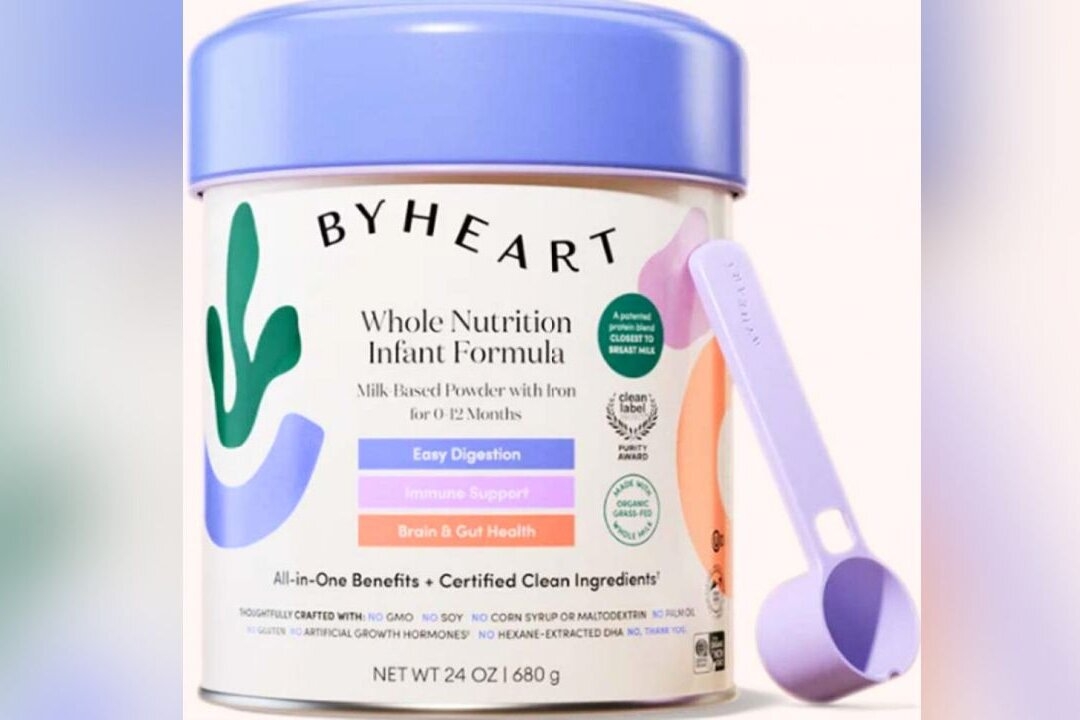Infant Botulism Outbreak Linked to ByHeart Whole Nutrition Infant Formula
A seemingly routine mealtime for infants turned into a potential nightmare across multiple states, as reports of infant botulism linked to a popular baby formula emerge. How could a product designed for the most vulnerable be connected to a life-threatening illness in 13 babies?
Parents and health officials are scrambling to uncover the hidden risks behind ByHeart’s Whole Nutrition Infant Formula, raising urgent questions about safety protocols, oversight, and how quickly contaminated products can reach families nationwide.

What We Know
The FDA and CDC are investigating a multistate outbreak of infant botulism linked to ByHeart powdered infant formula.
Confirmed cases involve infants across 10 states, including Arizona, California, Illinois, Minnesota, New Jersey, Oregon, Pennsylvania, Rhode Island, Texas, and Washington.
On November 8, ByHeart initiated a voluntary recall of two specific lots of its formula: 206VABP/251261P2 and 206VABP/251131P2.
No deaths have been reported, but several infants required hospitalization for symptoms consistent with botulism.
The recall has been expanded to include all unexpired lots of ByHeart Whole Nutrition Infant Formula, including cans and single-serve “Anywhere Pack” sticks.
Some state and independent lab testing has identified Clostridium botulinum in samples of the formula.
ByHeart’s formula represents about 1% of U.S. infant formula sales, yet it accounts for a disproportionate number of infant botulism cases linked to formula.
Symptoms to Watch For
Infant botulism occurs when C. botulinum spores grow in the intestines and release toxins, affecting nerves and muscles. Symptoms may appear weeks after ingestion and include:
Poor feeding or difficulty swallowing
Loss of head control
Weak or floppy muscles
Drooping eyelids or reduced facial expression
Weak crying or trouble breathing
Constipation
Parents are urged to seek medical attention immediately if their infant exhibits any of these signs.
Recommended Actions for Parents
Stop using any ByHeart Whole Nutrition Infant Formula immediately.
Record the lot number and use-by date of any remaining formula and store it safely; do not discard until instructed by health authorities.
Clean and sanitize all bottles, feeding equipment, surfaces, and utensils that came into contact with the formula.
Monitor infants for symptoms of botulism, remembering that onset may take several weeks.
Seek medical attention immediately if symptoms appear, and inform healthcare providers of the formula exposure.
Unresolved Questions
How the contamination occurred—whether during ingredient sourcing, manufacturing, packaging, or storage—is still under investigation.
The reason the recall initially targeted only two lots before expanding to all unexpired products remains unclear.
Some recalled products are reportedly still on store shelves, suggesting challenges in recall execution and distribution monitoring.
Regulatory and manufacturing oversight may need significant review to prevent future contamination incidents.
Why This Matters
Infants are especially vulnerable to botulism because their digestive systems cannot adequately neutralize C. botulinum spores. The toxin attacks nerves and muscles, which can result in life-threatening complications. A product intended for infants being linked to such serious illness underscores the critical importance of safety protocols, oversight, and rapid response when a potential hazard is discovered.
Summary
The ByHeart infant formula recall highlights the delicate balance between safety and risk for products meant for the most vulnerable. While no fatalities have been reported, several infants have been hospitalized, and the investigation continues.
For parents, urgency and vigilance are essential: stop using the formula, monitor infants for symptoms, preserve any remaining product for potential testing, and act immediately if concerns arise.
This outbreak emphasizes the importance of transparency, rapid response, and careful monitoring in the production and distribution of infant nutrition products.
